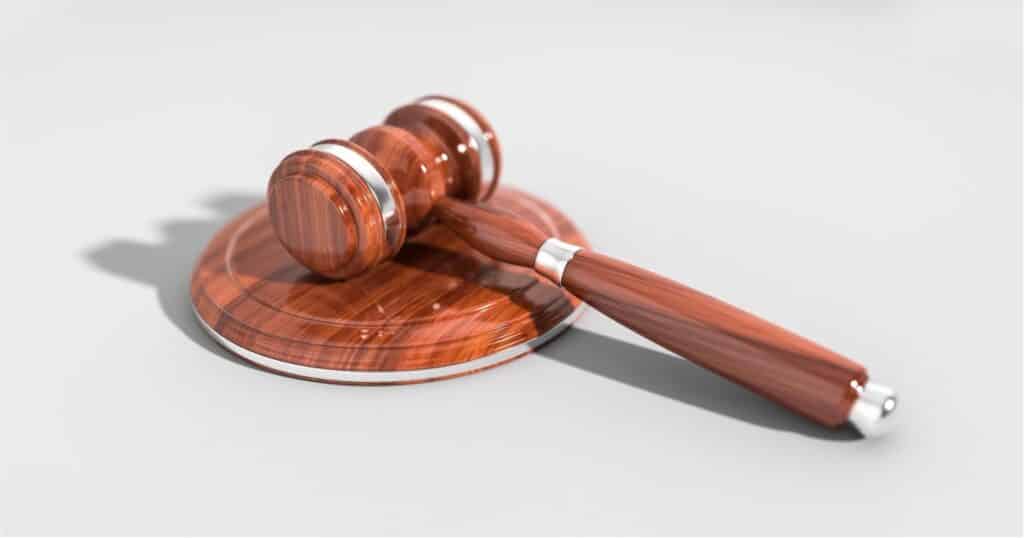
August 11, 2022
A personal injury can have a variety of effects on a person’s life. And to properly know how can PTSD and emotional trauma affect an injury victim.
It is essential since the person requires medical attention and may result in temporary or permanent disabilities that limit a person’s ability to move around freely and resume everyday activities; physical injuries are often the most evident. However, a victim may also experience an “invisible” injury that has an emotional impact.
Post-traumatic stress disorder (PTSD) is common among injury victims and can cause significant problems in a person’s life. Victims should consult with an attorney to address these types of injuries and ensure that they can receive financial compensation from the responsible party or parties.
How Can PTSD And Emotional Trauma Affect An Injury Victim?
Trauma affects everyone differently, whether it is one-time, multiple, or long-term. Some people will clearly show symptoms of post-traumatic stress disorder (PTSD). Still, many more will show resilient responses or brief subclinical symptoms or consequences that fall outside of diagnostic criteria.
Trauma can have a subtle, insidious, or outright harmful effect. Individual qualities, the nature and characteristics of the incident(s), developmental processes, the significance of the trauma, and sociocultural factors are just a few of the variables that might determine how an event affects a person.
Symptoms of PTSD
After experiencing an event in which they suffered bodily harm or were placed in a situation that threatened their life or personal safety, a person may develop post-traumatic stress disorder. PTSD is common after car accidents, dog bites, or other traumatic events. PTSD can affect a person in a variety of ways, including:
Reliving the incident –
A victim may have intrusive flashbacks or memories of their injury, which can cause significant distress and impair their ability to complete daily tasks. Flashbacks can be triggered by seeing or hearing about similar incidents, or they can happen out of nowhere. A person may also have nightmares, which may interfere with their ability to sleep.
Avoiding certain situations –
A person may avoid tasks, places, or other circumstances that bring up the trauma in order to prevent reliving the event. This may restrict the activities that a person can engage in at work or in their personal life.
Mood disorders –
Different emotional problems, such as anxiety, depression, impatience, or excessive rage, might affect a person. They could have trouble feeling positive emotions, battle with feelings of guilt or shame, or enjoy activities less than they formerly did.
A person may also become easily shocked and have physical symptoms such as rapid heartbeat, shallow breathing, and high blood pressure. These challenges may impair their capacity to create or sustain relationships, as well as their ability to accomplish work-related duties.
Healing and recovery process after trauma
Any occurrence that puts one’s own or others’ lives in danger causes the human body to go into a state of heightened arousal. This is similar to an ’emergency mode,’ in which a succession of internal alarms is activated. Emergency mode provides people with a lot of energy in a short period of time in order to increase their chances of survival.
Most people only stay in emergency mode for a short period of time or until the immediate threat has gone, but unexpected events can cause people to stay in it indefinitely. In addition, being in an emergency mode depletes crucial energy reserves, which is why people typically feel exhausted afterward.
The normal healing and recovery process entails the body descending from a state of heightened arousal. As a result, internal alarms can be turned off, high levels of energy can be reduced, and the body can be reset to a normal state of balance and equilibrium.
Even though PTSD is not as evident as a physical injury, it can nevertheless have a significant impact on a person’s capacity to work and the pleasure of life. Therefore, victims will want to hire an attorney to thoroughly document their symptoms and how their lives have been damaged so that they can collect financial compensation from those who were at fault.
Contact Our Firm For The Better Help!
As a personal injury victim of PTSD, we at Khashan Law Firm have a dedicated team of lawyers ready to help your battle against the at-fault party and petition for damages and compensation.
They will assist you in claiming damages for your personal trauma and suffering, current and future medical expenditures, lost wages, irreversible disfigurement, and so on. As a personal injury lawyer, we will assist you in navigating the growing medical bills and emotional trauma. We will help you in gathering all of the necessary documents to build a strong case.
We have won a number of personal injury lawsuits and assist individuals in receiving total compensation for their current and future damages. Call (951) 461-2387 for a free, confidential consultation.




